It’s now a year since Frishta Matin and her sister Farzana fled Afghanistan, but they have never stopped helping those left behind.
The pair escaped the war-torn country in terrifying circumstances with their brother and Frishta’s husband and infant son.
They were able to start a new life in Stornoway with the help of the Linda Norgrove Foundation, the charity they help fight for women’s rights and education.
Frishta and Farzana feared for their lives in Afghanistan because they work with women, and as they belong to the Hazara ethnic group are often targeted by the Taliban.
Continuing to campaign for women in Afghanistan
From their new island home they continue to campaign against the persecution of women and Hazara people.
And, although thousands of miles from the everyday dangers of Kabul, they still fear their actions could have repercussions for their loved ones.
In October last year, Frishta gave a frightening account of boarding the plane out of Afghanistan on their way to safety in Scotland.
She saw a man shot dead in front of her and shielded the ears of her then 10-month-old son Kia from gunfire, while fearful of a suicide bomb attack.
She feared the family were going to die, but eventually she and Farzana, their brother Zaker and Frishta’s husband Murtaza and son made it out of the country.
She and Farzana pledged then to help other Afghans left at home and who were able to escape. And they have kept their word.
Living in temporary accommodation in Stornoway, they both continue to work for the foundation set up in memory of charity worker Linda Norgrove.
Linda was abducted in 2010 and killed by a grenade during a rescue operation by US forces.
Her parents, John and Lorna, who set up the foundation, raised Frishta and Farzana’s case with the UK Government which evacuated over 15,000 people from Afghanistan following the Taliban taking control.
The women have been an invaluable help to the foundation in trying to understand the situation in their home country.
A fight to save lives across the miles
Farzana has also been working for the Scottish Refugee Council and is helping Afghan refugee families settle in Scotland.
The family are involved in the Stop Hazara Genocide campaign which has seen protests in a number of cities, including London.
Earlier this month, a suicide bomb attack at the Kaaj educational centre in Kabul killed about 50 mostly female Hazara students preparing for exams.
“These kind of attacks mostly happen to Hazara people,” said Frishta. “As long as the Taliban are there life is Hell for the Hazara community especially.
“It’s difficult for us to be away from them. We keep in touch on Twitter and my husband works with other Hazara people in Scotland and we hope to hold a demonstration in Glasgow.”
Continuing problems affecting women and girls gaining education is also a concern.
According to Unicef, an estimated 3.7 million children are out-of-school in Afghanistan, 60% of them girls.
Lack of suitable schools and qualified teachers and difficulty getting to classes are factors. But the biggest issue is the Taliban.
Despite promises to open schools for women, the Taliban decided it will not allow women to attend school beyond the 6th grade.
Women in Afghanistan still getting scholarships
However, the Linda Norgrove Foundation still supports university scholarships for medical students, midwives, nurses, dentists and in other subjects.
Frishta and Farzana say they are determined to help others, but need to exercise caution.
“Through the foundation we are trying our best to find different ways to help girls back in Afghanistan.
“It feels really good working to help girls back home. I thought this time we would have fewer applications (for scholarships) but we had a lot.
“This makes you continue and I love working to help them. They have no hope to continue unless the foundation help them.
“We are safe here, but our reaction can affect our family. So we have to carefully think about every act, everything we do, and how it may affect family back in Afghanistan.
“We cannot post a picture when we are not wearing a scarf. And I am not really able to raise my voice from here against the Taliban because I’m afraid my family will suffer.”
As an integration adviser for the refugee council, Farzana is helping those who have left their home and moved to Scotland, many living in hotels for months.
“I am able to help because of what I have experienced and what I’ve come through to help people get to know a new environment.
“It is frustrating for Afghan folk who have been in hotels for more than a year because there is no housing available.”
Family looking for work in Stornoway
Refugees from the Ukraine crisis have added to the issue: “Councils and the Home Office help them first. It affects everything just now, so it will take time and Afghans will have to wait some more months to find a house and a job.”
The women’s own integration into Scottish life has gone relatively smoothly.
Frishta has been at home with Kia who is now almost two. Next year he will probably start nursery and she will start looking for a job.
Her husband has been taking English lessons to help him get a job. Their brother is working in the kitchen of the Royal Hotel in Stornoway and is interested in becoming a chef.
“There were challenges when we arrived,” said Frishta. “It’s a different culture and when we were speaking to people we were very careful not to say anything that may be considered offensive.”
“Every place has advantages and disadvantages,” adds Farzana. “For us it was the culture barrier and language, trying to understand some of the accents.
“But people have been welcoming and very helpful.”
Would they go back to Afghanistan?
“It is difficult to think what will happen in the future at the moment,” says Frishta.
“Things are very challenging just now and it would be very difficult to go back now.
“But if things get better, of course we would. Our family and friends, our whole life is there.
“But as long as the Taliban is there, it’s not possible for us to go back.”
Are you interested in more exclusive and breaking Highland and Islands news from the P&J? If so, why not join our dedicated Facebook page HERE
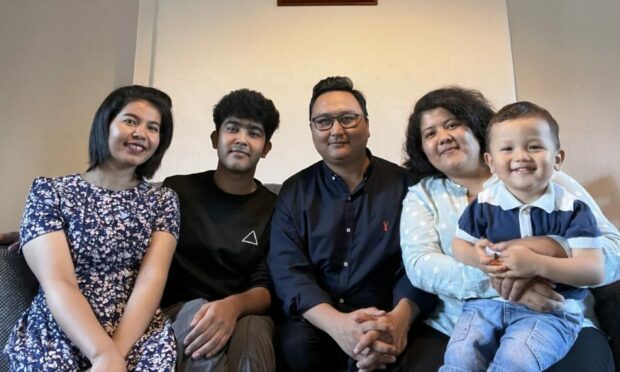
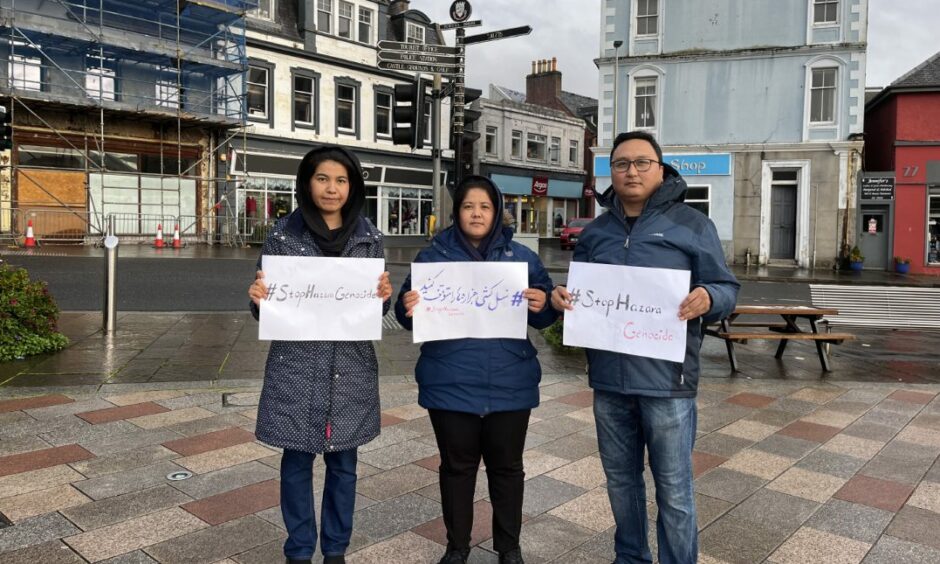
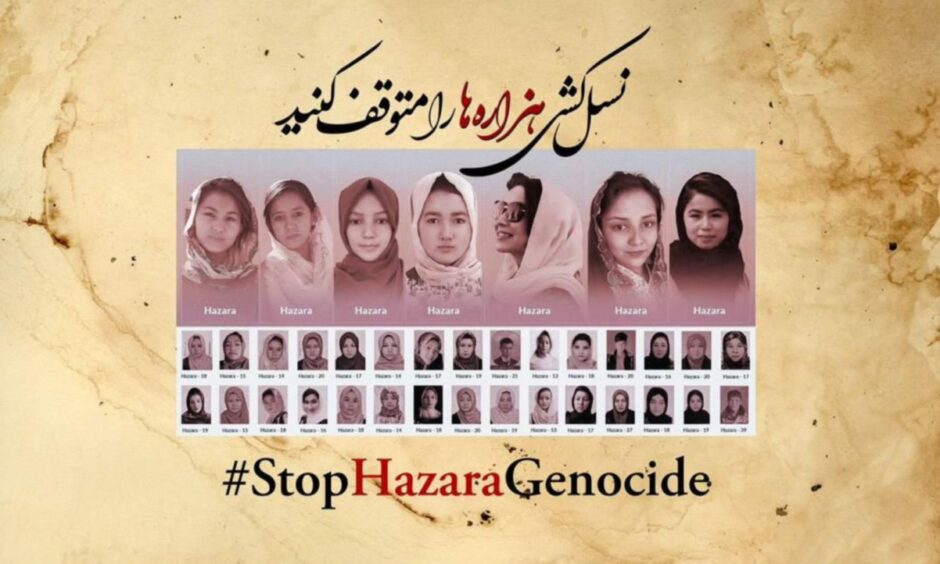
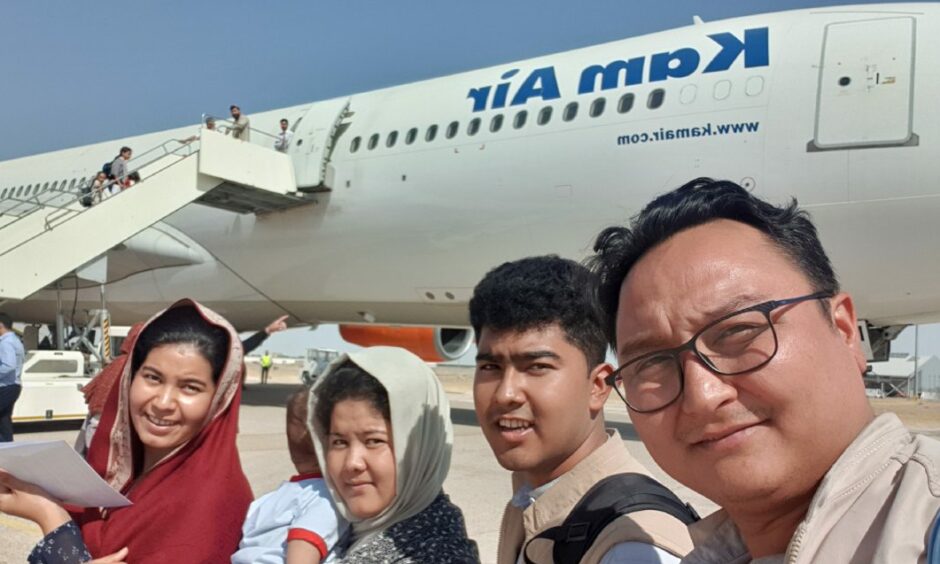
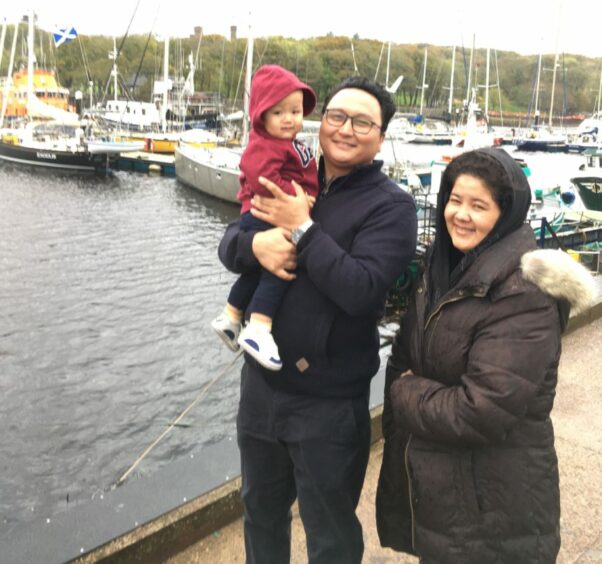
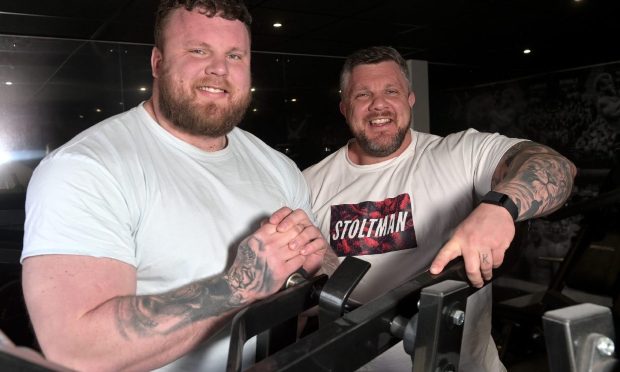
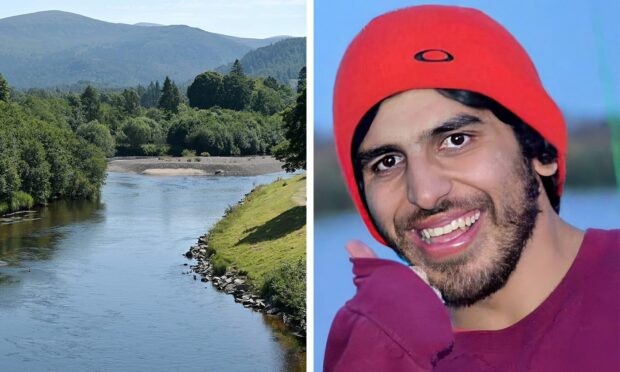
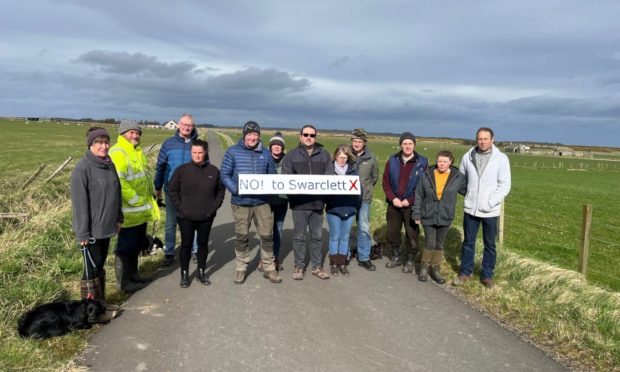
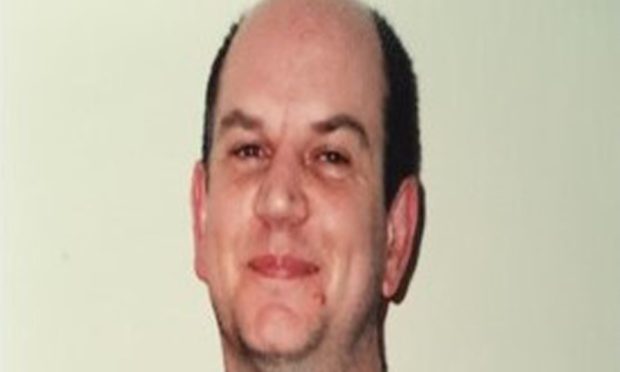
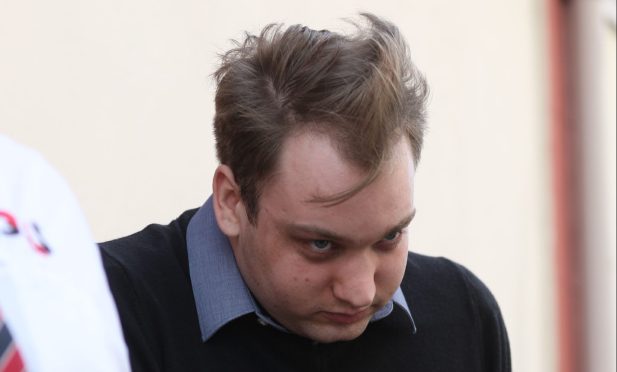
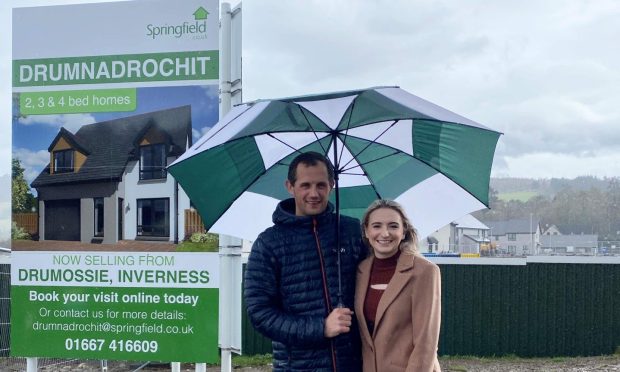
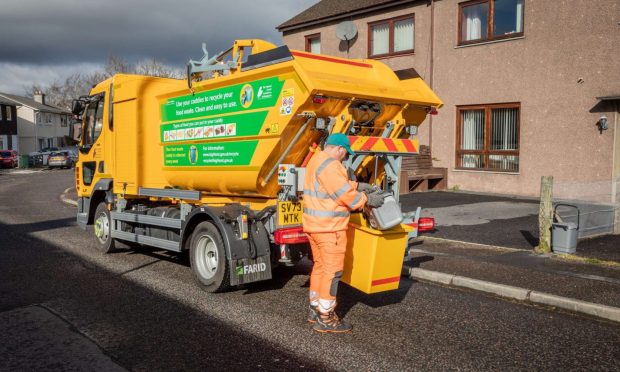
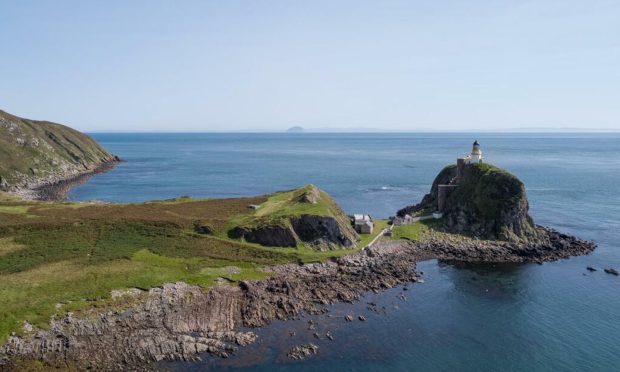
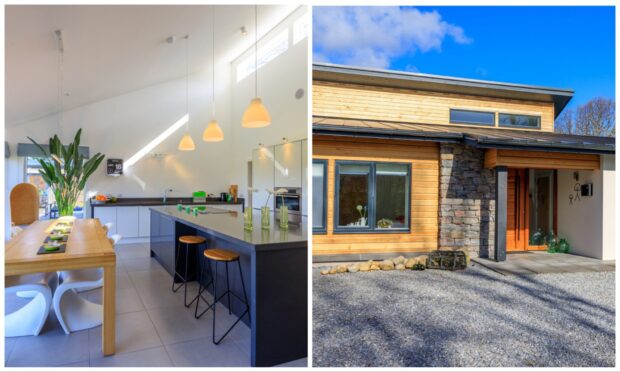
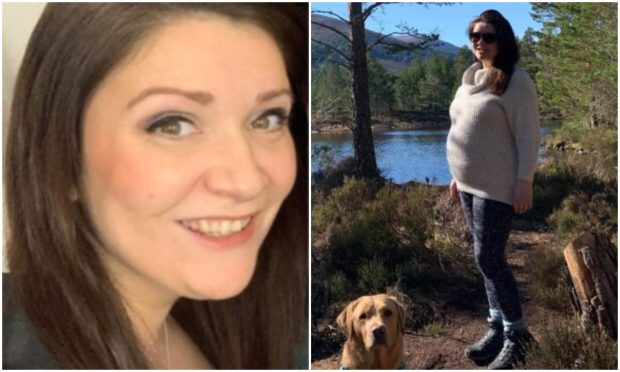
Conversation